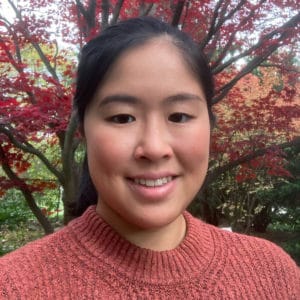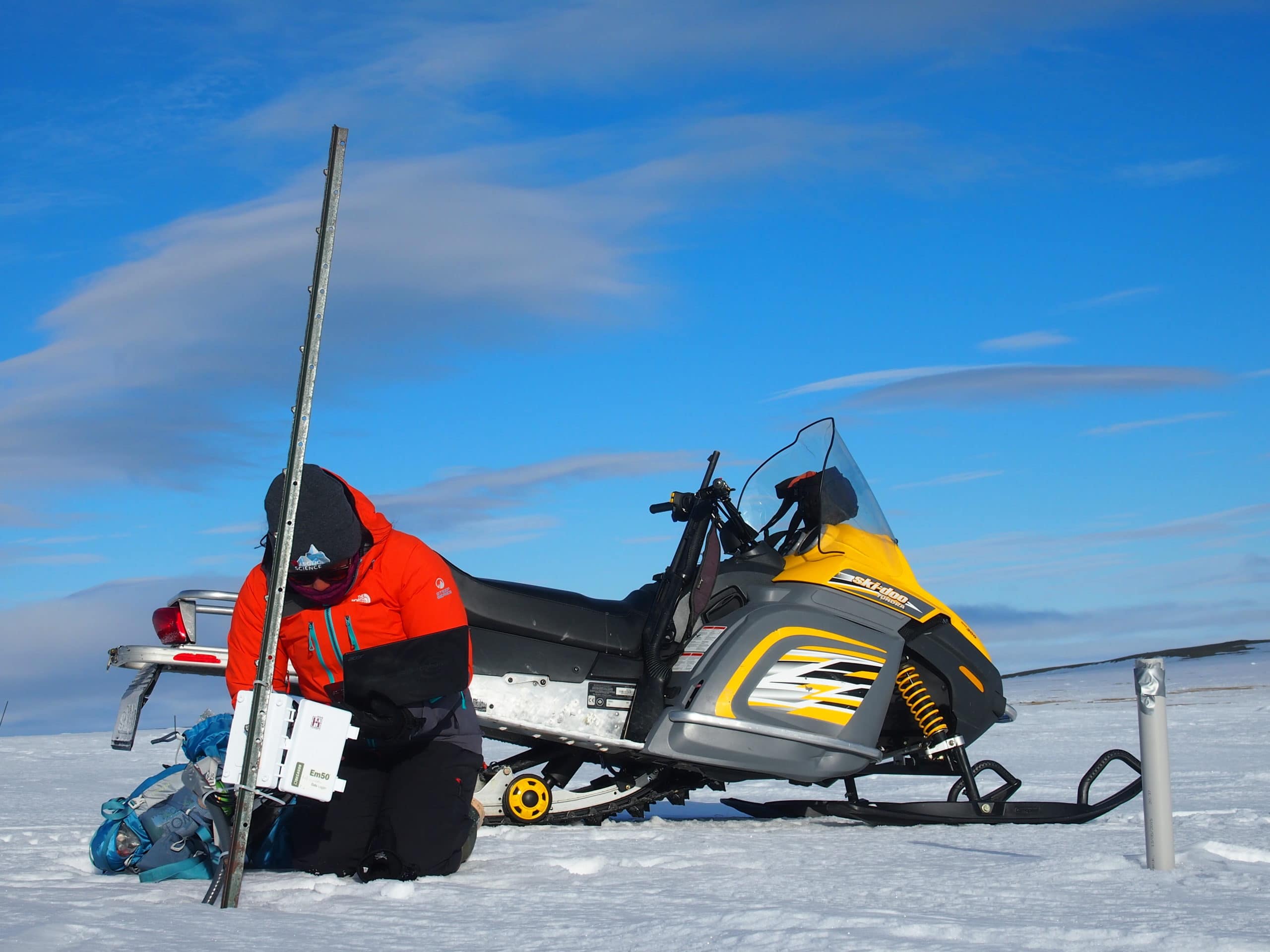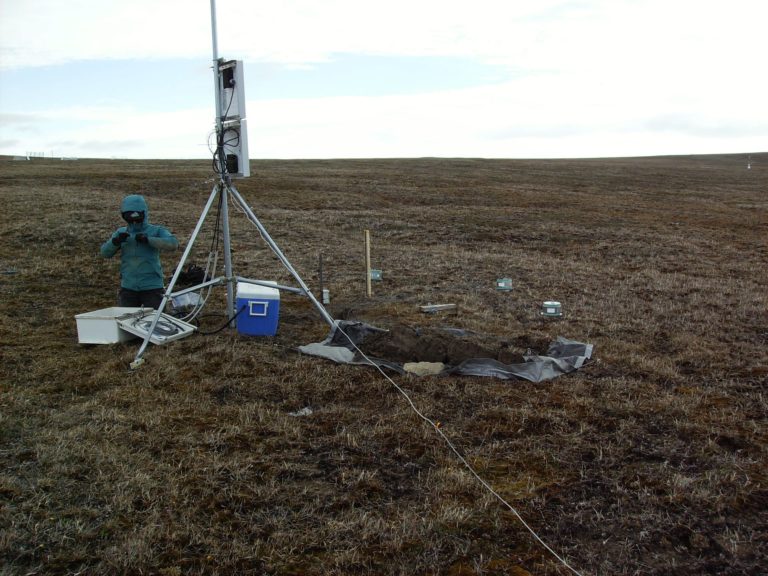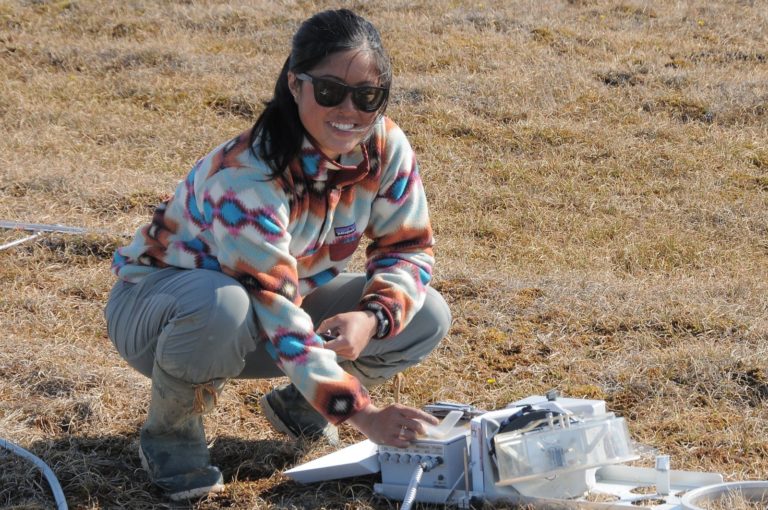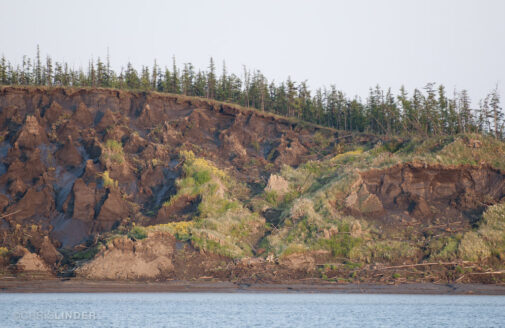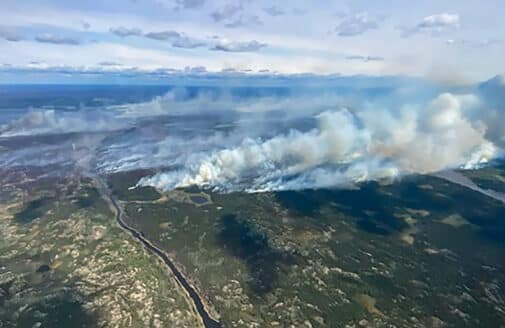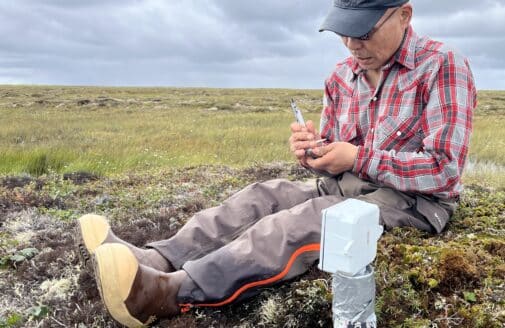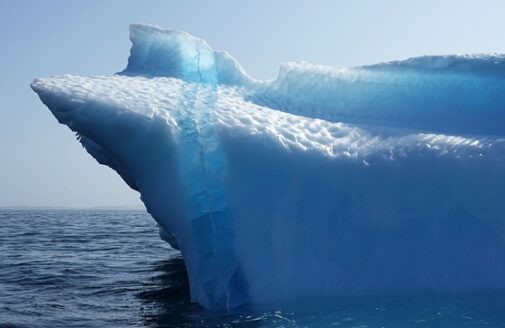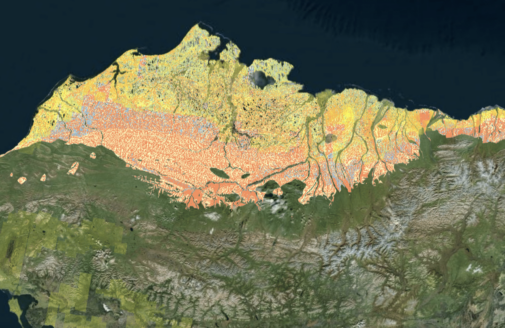I previously conducted field research in the Canadian High Arctic as part of my master’s and Ph.D. work. During my time on the Canadian board of the Association of Polar Early Career Scientists (APECS) as Vice Chair of Communications, I collaborated with other early career researchers to provide polar training and outreach opportunities for students and researchers conducting work in the Arctic. Currently a member of the Protect Our Winters (POW) Canada Science Alliance, I work with winter athletes and the outdoor community to advocate for nature-based climate solutions.
Through visits to northern communities and my relationships with Indigenous residents, I have seen first-hand the impacts of Arctic warming on their livelihoods. Helping better understand and predict physical changes and their impacts on these communities is a major motivation for my work. I am also passionate about science education and furthering opportunities for the next generation of Arctic scientists.




